Do you find yourself driving down the road shouting at your Siri, stabbing at your touchscreen, or constantly drifting into the other lane?
You're not alone. There were more problems with new cars this year than ever.
Thanks to the disruptions caused by the pandemic—problems like supply chain issues and record-high vehicle prices, initial vehicle quality has declined, according to J.D. Power’s most recent U.S. Initial Quality Study.
The study found that vehicle problems reached a record high in the 36 years that the research and data company has been conducting it. Compared with 2021 results, the industry experienced an 11% increase in the number of problems per 100 vehicles.
The study is based on responses from 84,165 purchasers and lessees of new 2022 model-year vehicles who were surveyed early in the ownership period. The survey consists of 223 questions asking about infotainment, vehicle features, controls and displays, vehicle exterior and interior, driving assistance, powertrain, seats, driving experience and climate.
The category with the largest number of problems was infotainment, with six of the top 10 issues being related to infotainment systems such as Apple (AAPL) CarPlay and Android Auto, Bluetooth, touchscreens, voice recognition systems, inconsistent audio volume, and not enough plugs or USB ports, J.D. Power said.
Problems with driver-assistance systems also increased over last year, with lane-departure warning and lane-keeping assist proving to be the most problematic.
Owners of fully electric and plug-in hybrid cars also had more issues than those of gas-powered cars. EVs averaged 240 problems per 100 vehicles and plug-in hybrids averaged 239 problems per 100 vehicles, while gas cars averaged 175.
The study is designed to help manufacturers with product improvement and was fielded from February through May 2022.
Mass market vehicles had fewer problems than luxury vehicles, however, luxury vehicles do tend to have more technology. Genesis is the luxury brand that scored the best, with an average of 156 problems per 100 vehicles.
This is the first time Tesla Motors (TSLA) was included in the study. Tesla received an unofficial score of 226 problems per 100 vehicles, based on limited data available. With that it would rank No. 28 alongside Mitsubishi among the six worst, but because Tesla does not allow J.D. Power access to owner information in states where permission is required by law, the data was incomplete, so it was not included in the ranking.
Polestar (PSNY), the Swedish EV company that recently went public via SPAC, was given an asterisked 328 problems per 100, but the brand was also excluded from the ranking for not meeting the study criteria.
Buick, owned by General Motors (GM), is the highest-ranking brand with the fewest problems; Buick scored 139 problems per 100 vehicles.
The Chevrolet Corvette was the model with the fewest problems at just 101. Chevrolet is also owned by GM.
Here are the results from J.D. Power, with the brands that had the fewest problems ranking first.
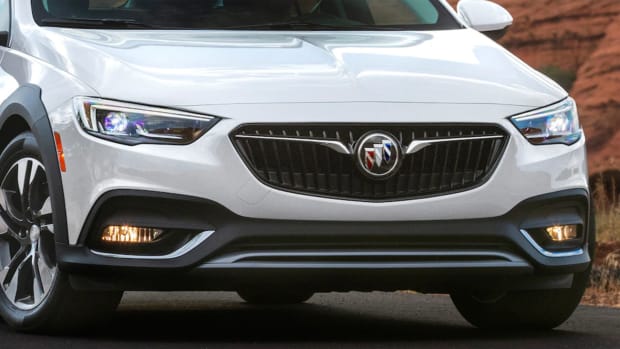
1. Buick
Problems per 100 vehicles: 139
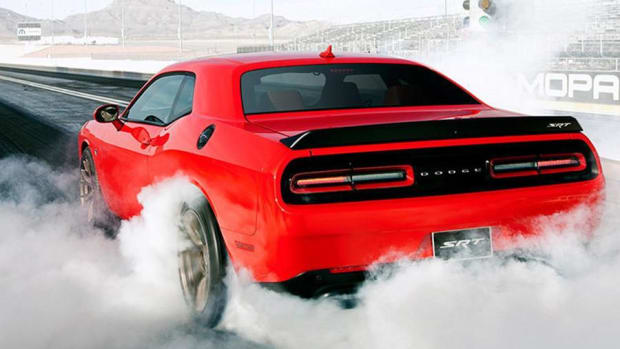
2. Dodge
Problems per 100 vehicles: 143
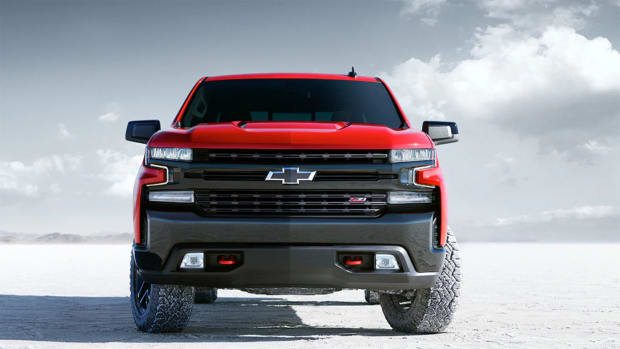
3. Chevrolet
Problems per 100 vehicles: 147
Chevrolet
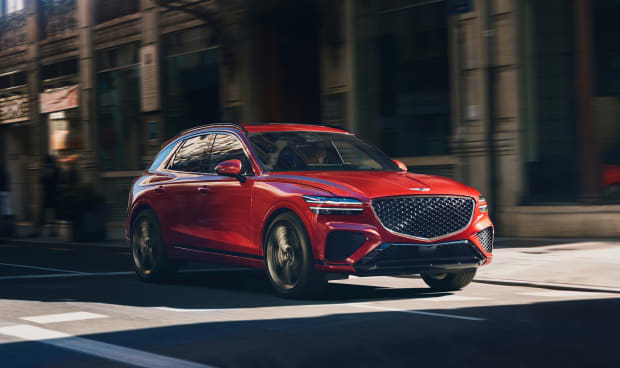
4. Genesis
Problems per 100 vehicles: 156
Genesis ranks highest among the premium brands.
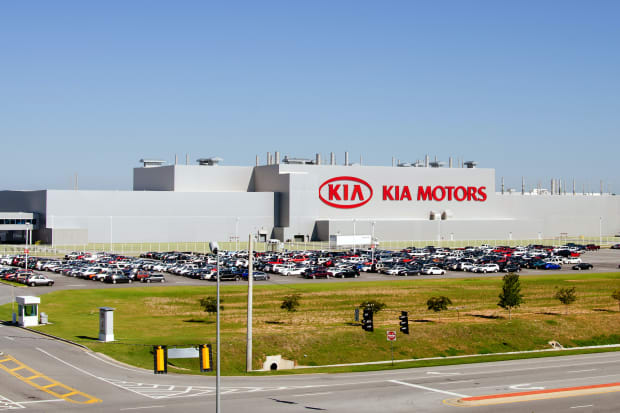
5. Kia
Problems per 100 vehicles: 156
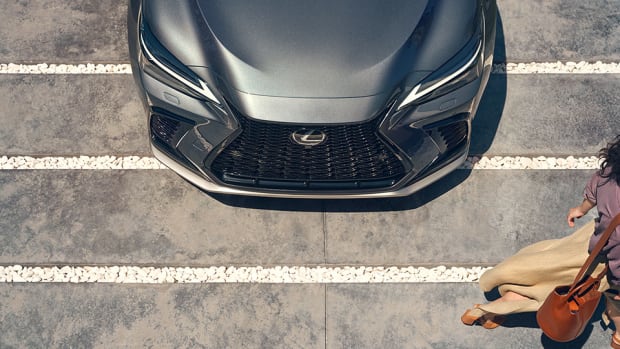
6. Lexus
Problems per 100 vehicles: 157
Lexus
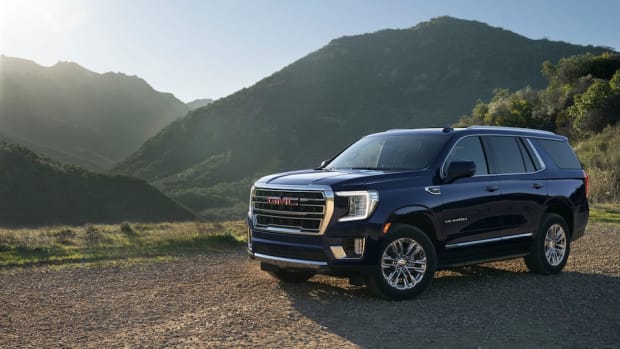
7. GMC
Problems per 100 vehicles: 162
GMC
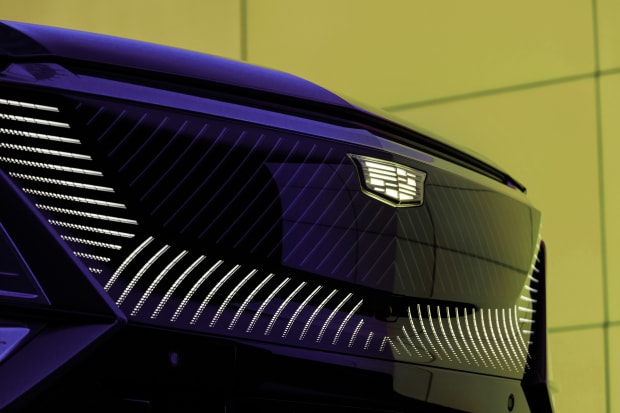
8. Cadillac
Problems per 100 vehicles: 163

9. BMW
Problems per 100 vehicles: 165
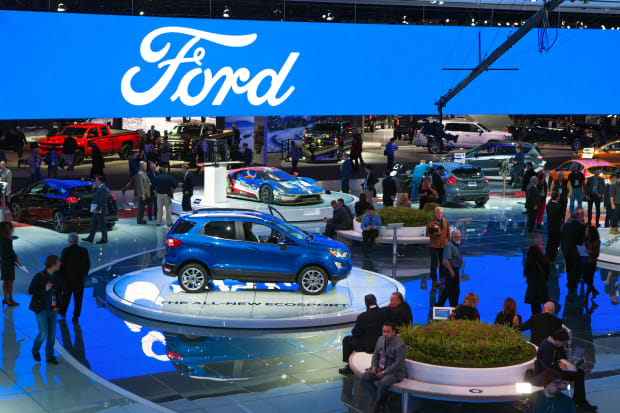
10. Ford
Problems per 100 vehicles: 167
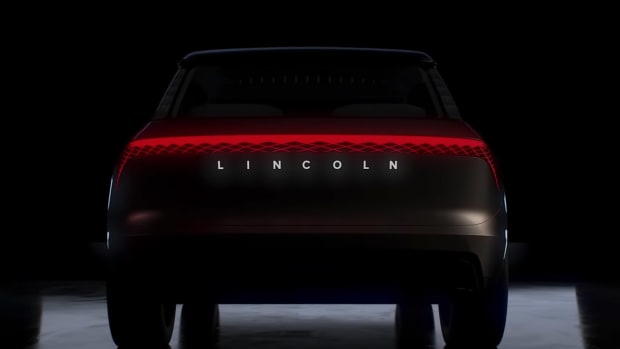
11. Lincoln
Problems per 100 vehicles: 167
Lincoln
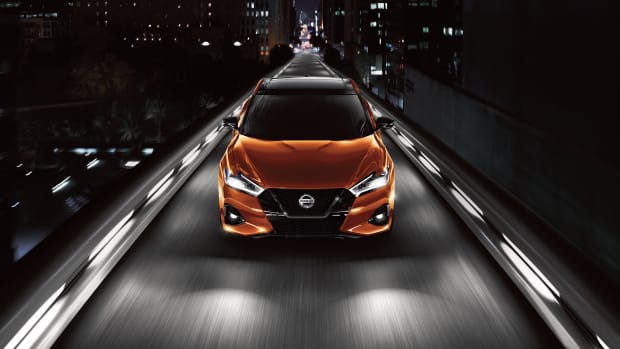
12. Nissan
Problems per 100 vehicles: 167
Nissan
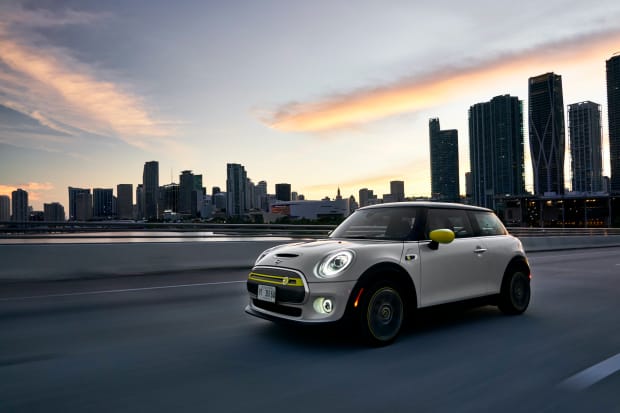
13. MINI
Problems per 100 vehicles: 168
Mini USA
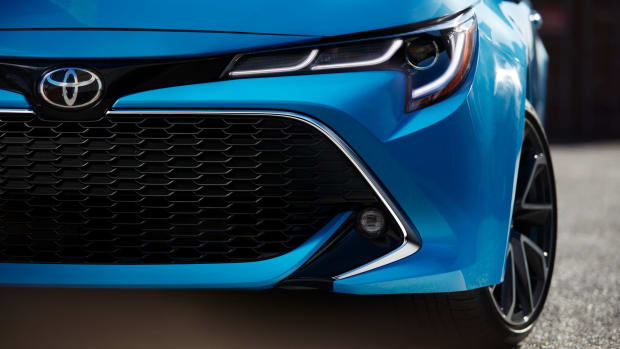
14. Toyota
Problems per 100 vehicles: 172
Toyota
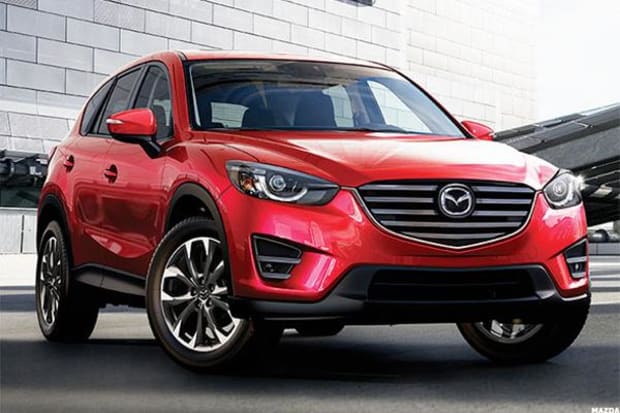
15. Mazda
Problems per 100 vehicles: 180 (industry average)
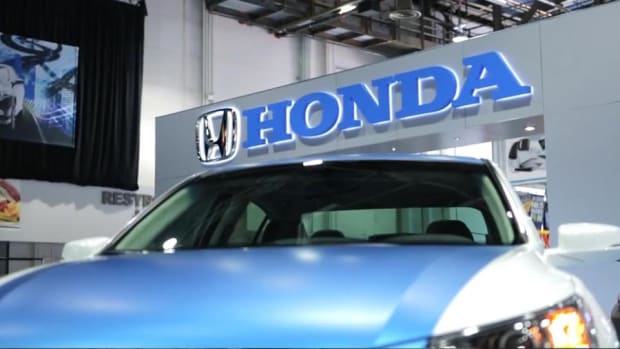
16. Honda
Problems per 100 vehicles: 183
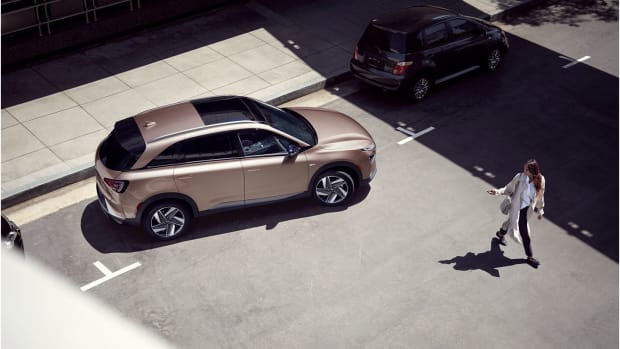
17. Hyundai
Problems per 100 vehicles: 185
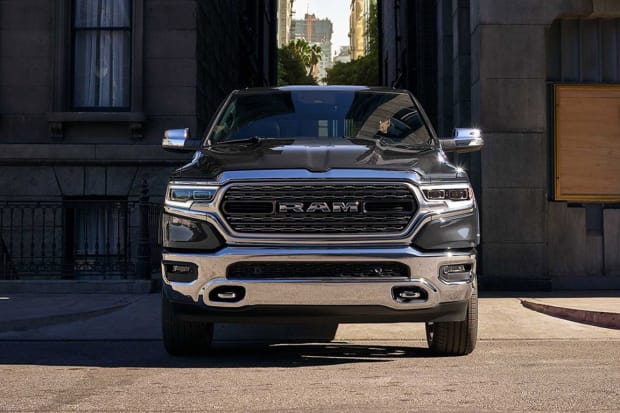
18. Ram
Problems per 100 vehicles: 186
Ram

19. Mercedes-Benz
Problems per 100 vehicles: 189
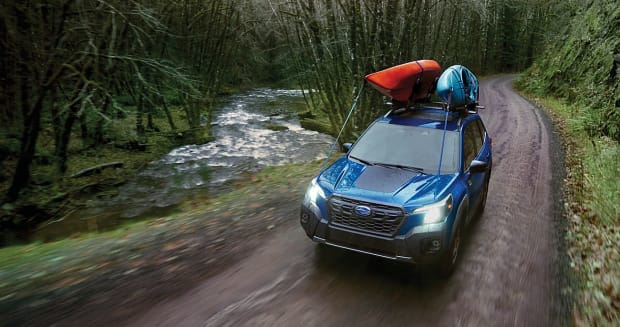
20. Subaru
Problems per 100 vehicles: 191
Subaru
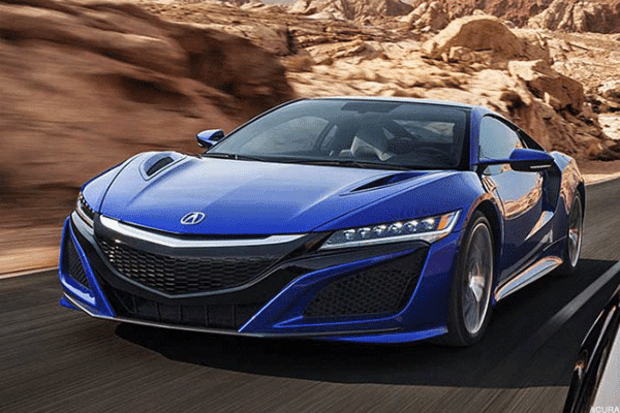
21. Acura
Problems per 100 vehicles: 192
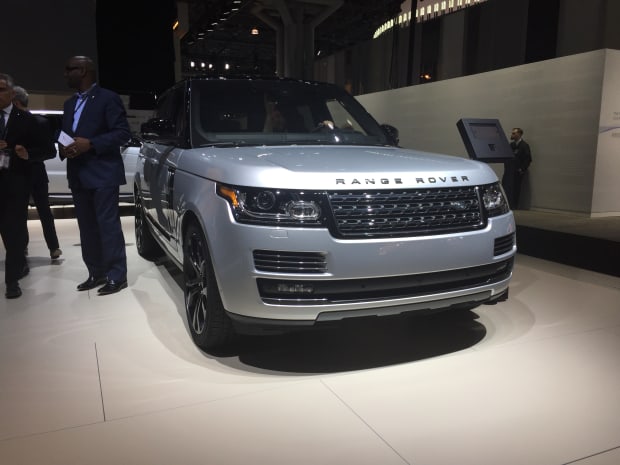
22. Land Rover
Problems per 100 vehicles: 193

23. Jeep
Problems per 100 vehicles: 199
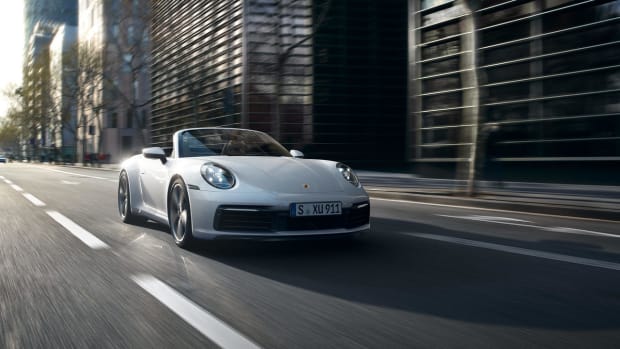
24. Porsche
Problems per 100 vehicles: 200
Porsche
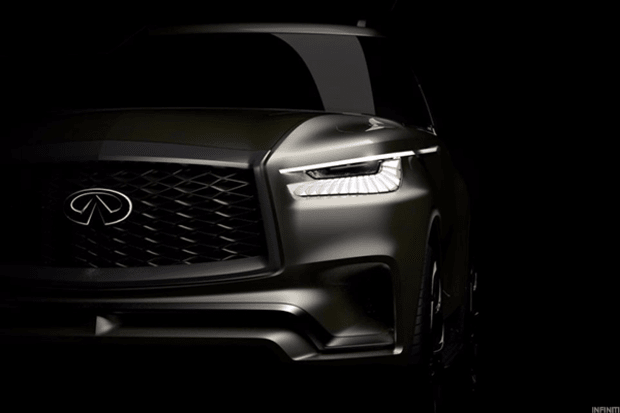
25. Infiniti
Problems per 100 vehicles: 204

26. Jaguar
Problems per 100 vehicles: 210
Jaguar USA
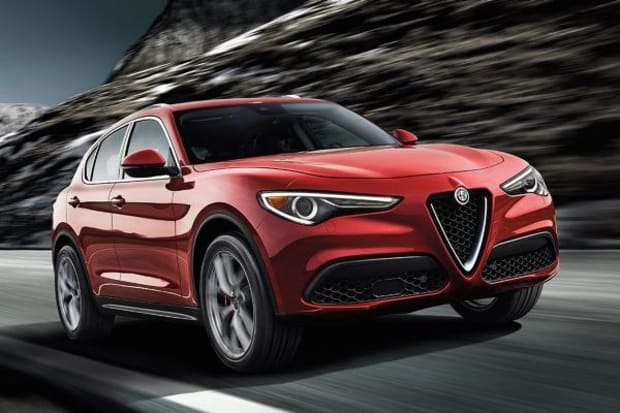
27. Alfa Romeo
Problems per 100 vehicles: 211
Alfa Romeo
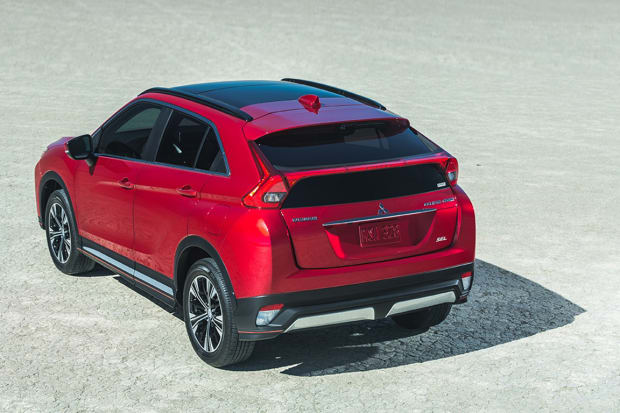
28. Mitsubishi
Problems per 100 vehicles: 226
Mitsubishi
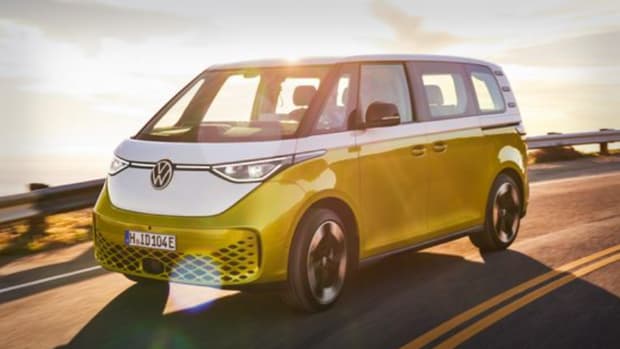
29. Volkswagen
Problems per 100 vehicles: 230
Volkswagen
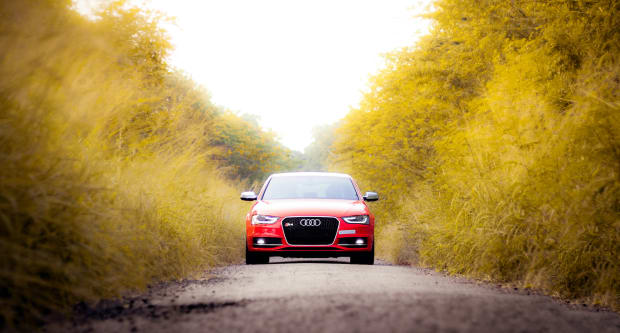
30. Audi
Problems per 100 vehicles: 239
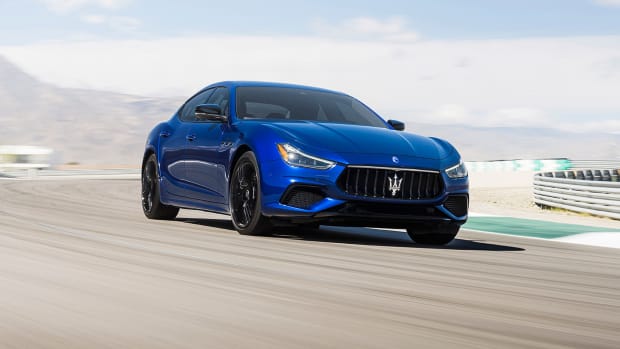
31. Maserati
Problems per 100 vehicles: 255
Maserati
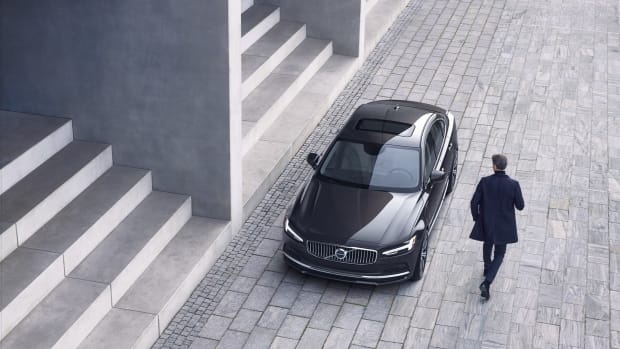
32. Volvo
Problems per 100 vehicles: 256
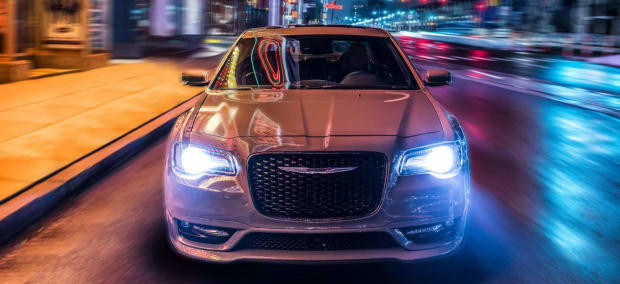
33. Chrysler
Problems per 100 vehicles: 265
>> Read next: 25 Cars, Trucks and SUVs That Cost the Least Over Five Years
>> and: How Long $1 Million in Retirement Savings Will Last in 50 U.S. Cities







